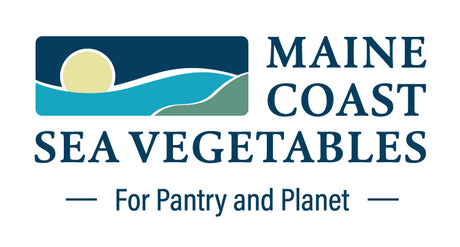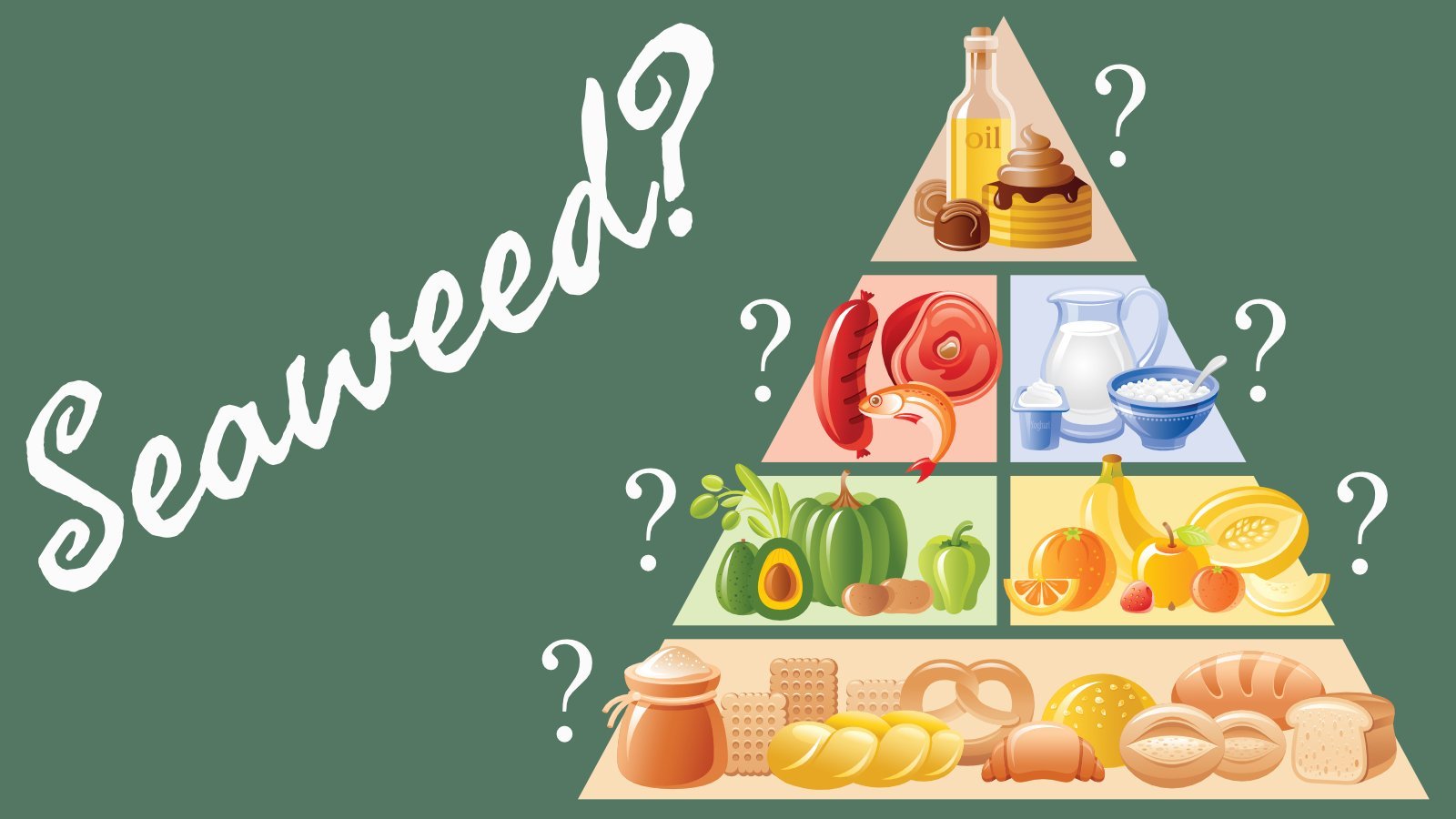Many people don't know where seaweed belongs in the food categories, and wonder if seaweed is a vegetable.
The short answer is yes… maybe… probably.
For the longer answer, we first need to understand how confusing the word “vegetable” is.
The word vegetable is derived from the latin word vegetabilis which means “animating, enlivening, vivifying.” Vegetabilis was adopted by the French in the mid-15th century when they started to use the word vegetables to describe “all non-animal life.” However, it wasn’t until the late 18th century when the word vegetable was used to describe “a plant cultivated for food, an edible herb or root.”
At the same time, the word fruit (also French origin) was used to describe “any vegetable product useful to humans and animals” with later definitions describing dessert. Fructus, the origin of the word fruit has the definition “enjoyment, delight, satisfaction.” It is likely that fruit was used to describe the tastiest (sweetest) of vegetables and maybe sometimes included the boring ones too.
Perhaps it was not until the development of modern botany where fruits were first defined as the “the seed-bearing structure in flowering plants” which we largely recognize fruits to be today.
However, there are many exceptions.
Tomatoes, peppers, squashes, eggplants, avocados, pea pods, and cucumbers are seed-bearing structures of flowering plants, yet most of us would recognize them as vegetables. They are all technically fruits by the definitions of botany, but in cooking and dietary discussions, we would call them vegetables.
So maybe vegetables are edible plant parts that are not fruits, except when the fruit is not very sweet, because that would make them a vegetable???
If we go by that definition, then seaweed would indeed be a vegetable!
… At least the green ones.
You see, most seaweeds are not plants. Seaweeds are classified into 3 groups organized by color: red (Rhodophytes), green (Chlorophyta), and brown (Phaeophytes). Green seaweeds such as sea lettuce are part of the plant kingdom, but the other two groups are not. Brown seaweeds (rockweed, kelp, bladderwrack, and alaria) are in the kingdom Protista, and the red seaweeds (dulse, Irish moss, and laver) are currently homeless based on current scientific definitions.
So does a vegetable need to be a plant? What about mushrooms? Mushrooms are in the kingdom of fungi which are not plants, yet in many cooking and dietary discussions we would call mushrooms vegetables.
It seems that as humans made discoveries about the origins of all of these wonderful organisms that provide humans with the nutrition needed to sustain life, we failed to evolve the definition of what a vegetable is.
The current definition of vegetable came at a time when there were animals and then there were plants. We thought there were only two kingdoms that life could fit into. Now we know there are at least 6.


The 15th century definition for vegetables may actually be more accurate than the 18th century definition where vegetables extended to "all non-animal life, ” therefore including the Fungi and Protists that we eat and nourish us just as much as plants do!
So yes, we believe seaweeds are indeed vegetables - That is why we call them sea vegetables!


